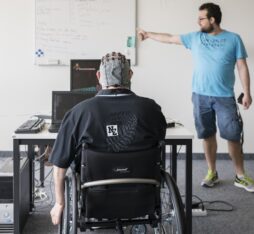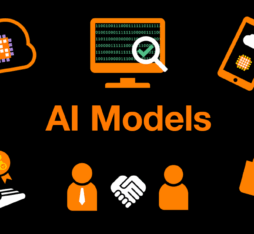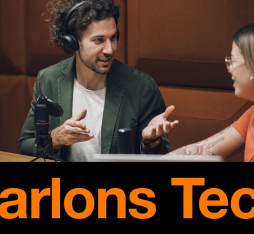How can AI make life easier for researchers? Since the release of ChatGPT in 2022, generative AI has transformed how we think, produce, and collaborate – and this is equally true in scientific research. This year, the renowned ICLR conference even accepted a paper generated by the Japanese start-up Sakana AI, a technical feat that is not, however, a genuine scientific breakthrough. For major figures such as Demis Hassabis, CEO of DeepMind and Nobel laureate, AI is already a reality, having been used in protein discovery.
AI can also help researchers generate foresight scenarios based on complex hypotheses. In practical terms, it can assist in drafting research questions or hypotheses
At Orange concrete applications emerge: AIs that summarize scientific corpora, simulate peer reviewers, or anticipate criticism from demanding reviewers. AI can also help researchers generate foresight scenarios based on complex hypotheses. In practical terms, it can assist in drafting research questions or hypotheses, then in evaluating different leads from multiple perspectives.
Time savings
Researchers now also have access to bibliography generators, which save significant time. AI further enables research to move faster, for example by accelerating the prototyping of solutions from simple ideas. Modern tools also make it possible to contextualize research within consortia, ensuring responses are better adapted to the demands of funding calls.
However, we must not forget that AI predicts words and therefore has limits. What it produces may appear convincing, but it is rarely verified and often biased. We cannot delegate our critical thinking to a computer system, but we can use AI as a cognitive catalyst or a tool that raises new questions or helps guide lines of inquiry. Ultimately, the key is to master the art of prompting, interpret results rigorously, and cultivate intelligent scepticism. For researchers, AI can stimulate creativity, enrich hypotheses, and accelerate processes — provided it is used collectively, with rigour and discernment.






